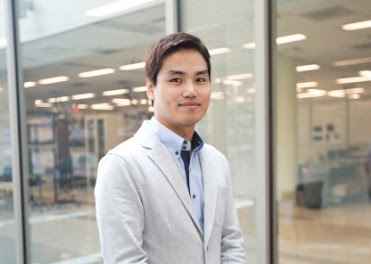M. Elizabeth Azukas

M. Elizabeth (Liz) Azukas is a Senior Research Associate with the Georgia Tech Research Institute and an affiliate faculty member with the Institute for People and Technology (IPaT). Her work sits at the intersection of learning, human-centered technology, and systems change. Drawing on experience as an education leader, university faculty member, and private-sector strategist, Dr. Azukas focuses on how emerging technologies, particularly AI, interactive simulations, and digital learning systems, can strengthen human decision-making, expand professional learning opportunities, and support more equitable and sustainable educational ecosystems.
Dr. Azukas is the co-developer of the DOT Framework (Design + Open Systems Theory), a socio-technical model that guides purposeful, human-centered integration of AI into learning environments. She is currently leading efforts to operationalize DOT into an interactive AI coaching system designed to improve metacognition, reflection, and complex decision-making among education professionals. Her applied research portfolio also includes the design and study of simulation-based learning experiences, including mixed-reality and AI-generated simulations that promote active learning, feedback-rich practice, and systems thinking.
Across her career, Dr. Azukas has blended research and practice to design digital, hybrid, and competency-based learning initiatives in K-12 districts, higher education, and international contexts. Before joining GTRI, she served as an assistant superintendent, director of curriculum, and principal in virtual and traditional school systems, and later as an associate professor of educational leadership and instructional design technology. She has also worked in the private sector in roles spanning strategic planning, learning and development, project management, and product innovation. These experiences inform her ability to bridge research, design, and implementation across diverse organizational environments.
Dr. Azukas' scholarship examines digital leadership, personalized and online learning, simulation-based preparation, human-AI collaboration, and the future of professional learning systems. She has served as principal investigator on multiple projects involving simulations, AI-enhanced learning, robotic telepresence, and digital leadership, and her work appears in journals and edited volumes in AI in education, instructional design, and leadership studies.
She brings to IPaT a dual commitment to technological innovation and the human dimensions of learning, exploring how thoughtfully designed systems can empower learners, leaders, and professionals across sectors, expand access to meaningful learning experiences, and support more adaptive and resilient organizations.









